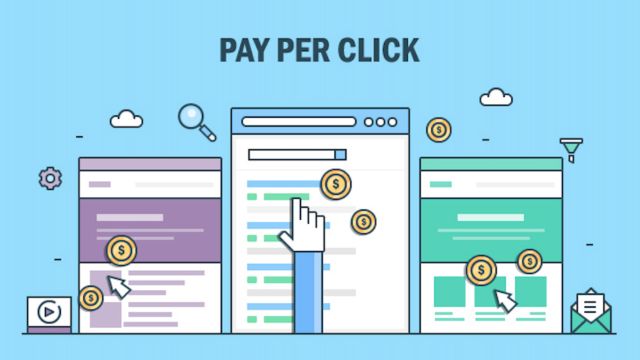
Lead Generation Made Easy: How...
September 6, 2024

You’ve come to the correct place if you’ve heard a little bit about PPC marketing and want to learn more, or if you already know you want to utilize PPC to market your business but don’t know where to start. This is the first lesson in PPC University, a series of guided courses that will teach you everything you need to know about PPC and how to use it effectively.
PPC is an abbreviation for pay-per-click, a digital advertising technique in which the advertiser pays a fee each time one of their adverts is clicked. In essence, you are paying for targeted traffic to your website (or landing page or app). When PPC works properly, the charge is insignificant because the click is worth more than what you spend for it. For example, if you pay $3 for a click that leads to a $300 transaction, you’ve made a tidy profit.
PPC ads come in various kinds and sizes (literally) and can contain text, graphics, videos, or a combination of the three. They can be found on search engines, websites, social media platforms, and other places.
One of the most common types of PPC is search engine advertising (also known as sponsored search or search engine marketing). It enables advertisers to bid for ad placement in a search engine’s sponsored links when someone searches for a product or service similar to theirs. If we bid on the term “Google ads audit,” for example, our ad for our free Google Ads Performance Grader may display on the SERP for that or a related search:
PPC advertising varies on each platform, however, the general method is as follows:
Once the ad goes live, your budget, bid, campaign settings, and the quality and relevance of your ad decide where and when it shows up and how much you pay for a click on it.
All platforms that offer PPC advertising want to keep their users happy, so they give advertisers whose pay-per-click campaigns are useful and trustworthy better ad placement and lower costs.
So, if you want to get the most money out of pay-per-click advertising, you need to learn how to do it right.
Google Ads is the most popular pay-per-click (PPC) advertising service in the world. Businesses can use the Google Ads platform to make ads that will show up on Google’s search engine and other Google sites.
Every time someone does a search, Google looks through all of the ads and picks a few wins to show on that page of search engine results.
The “winners” are picked based on a number of things, such as how good and relevant their keywords and ad campaigns are and how much they bid on their keywords. In the next part, we’ll describe why.
When advertisers make an ad, they choose a set of keywords to target with that ad and place a bid on each term. So, if you bid on the keyword “pet adoption,” you are telling Google that you want your ad to show up for searches that match or are similar to “pet adoption.”
Google uses a set of rules and a process similar to an auction to choose which ads will show up for each search. If your ad is put into the auction, you’ll get a Quality Score between 1 and 10 based on how well it fits the term, how many clicks you expect it to get, and how good the landing page is.
Then, to figure out your Ad Rank, it will multiply your Quality Score by your highest bid, which is the most you are willing to pay for a click on that ad. The ads that show are the ones with the best Ad Rank scores.
This method lets winning advertisers reach potential customers at a price that fits their budget. It’s more or less like a sale. The Google Ads auction is shown in the image below.
Google Ads is a great way to do PPC marketing because Google is the most famous search engine and gets a lot of traffic. This means that your ads will get the most impressions and clicks from people who use Google. Your phrases and match types will determine how often your PPC ads show up. Several things affect how well your PPC advertising strategy does, but you can get a lot done by doing the following:
Keyword study for pay-per-click (PPC) can take a lot of time, but it is also very important. Your entire PPC campaign is built around keywords, and the most successful Google Ads marketers keep adding to and improving their PPC keyword list. If you only do keyword research once, when you make your first ad, you might miss out on hundreds of thousands of valuable, long-tail, low-cost, and highly relevant keywords that could drive traffic to your site.
Check Out Our Full Guide to Keyword Study Here, but in Short, a Good List of Ppc Keywords Should Include:
Once you’ve made your new ads, you’ll have to keep an eye on them to make sure they keep working. In fact, one of the best ways to predict how well an account will do is how often it is used. You should always look at how your account is doing and make the following changes to make your ads work better:
“Don’t let the knowledge train pass you by! Bookmark Us or shoot us a message; we’ll make sure you’re always on track.”
Leave A Comment